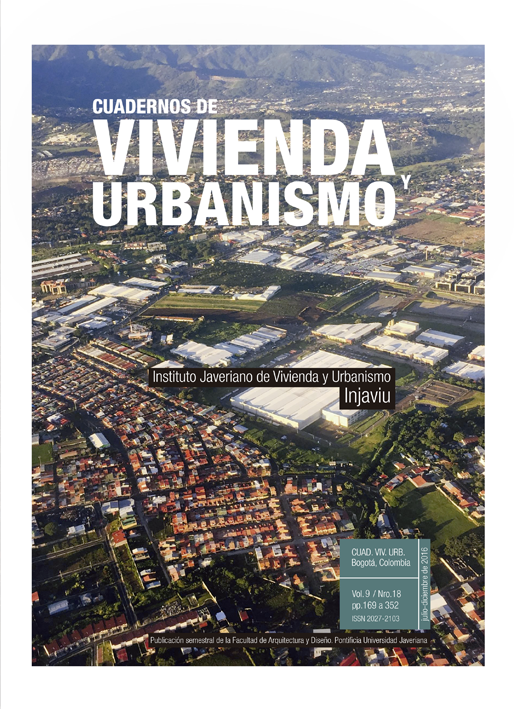Abstract
The globalization process is a phenomenon which affects different dimensions of society. In a world marked by increased competition, the location of productive activities becomes a key factor for a firm’s success. In fact, we have witnessed a strong process of offshoring in recent years. This increased global socioeconomic integration, together with the increased ability to relocate activities poses a challenge for territorial governments, who often lack the ability to analyze the complex environment and propose actions to turn these global opportunities into benefits for their inhabitants. This document reviews concepts and elements from contemporary economic geography, urban economics and value chain management, contributing towards a new conceptual and capability framework that governments may use to develop business attraction and retention policies.
This journal is registered under a Creative Commons Attribution 4.0 International Public License. Thus, this work may be reproduced, distributed, and publicly shared in digital format, as long as the names of the authors and Pontificia Universidad Javeriana are acknowledged. Others are allowed to quote, adapt, transform, auto-archive, republish, and create based on this material, for any purpose (even commercial ones), provided the authorship is duly acknowledged, a link to the original work is provided, and it is specified if changes have been made. Pontificia Universidad Javeriana does not hold the rights of published works and the authors are solely responsible for the contents of their works; they keep the moral, intellectual, privacy, and publicity rights.
Approving the intervention of the work (review, copy-editing, translation, layout) and the following outreach, are granted through an use license and not through an assignment of rights. This means the journal and Pontificia Universidad Javeriana cannot be held responsible for any ethical malpractice by the authors. As a consequence of the protection granted by the use license, the journal is not required to publish recantations or modify information already published, unless the errata stems from the editorial management process. Publishing contents in this journal does not generate royalties for contributors.


